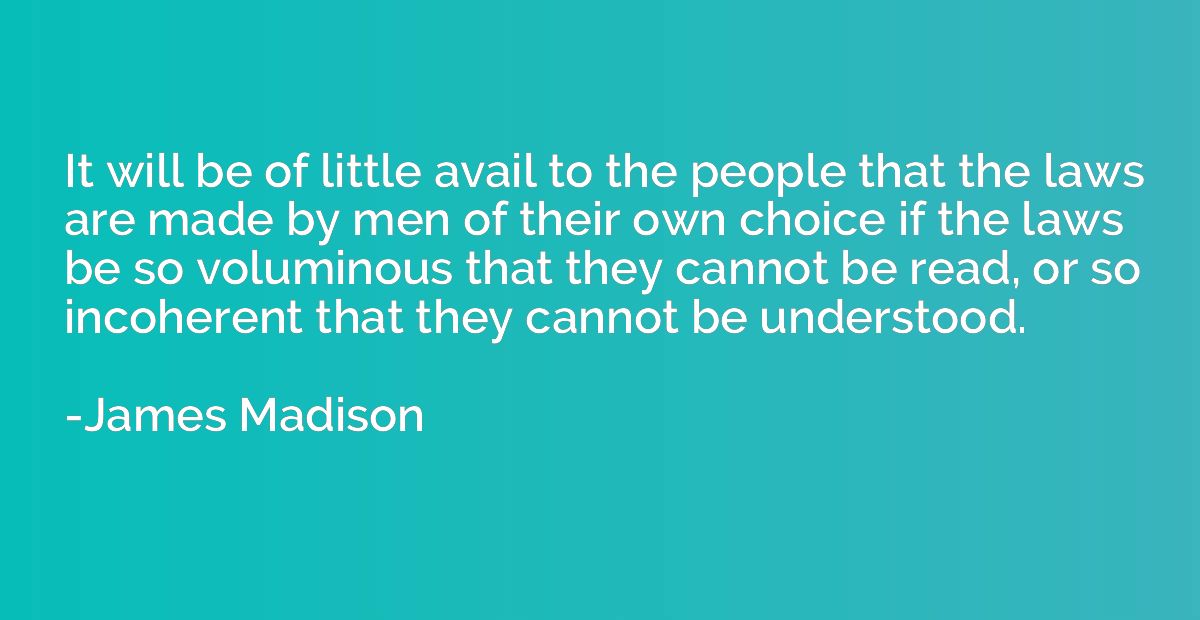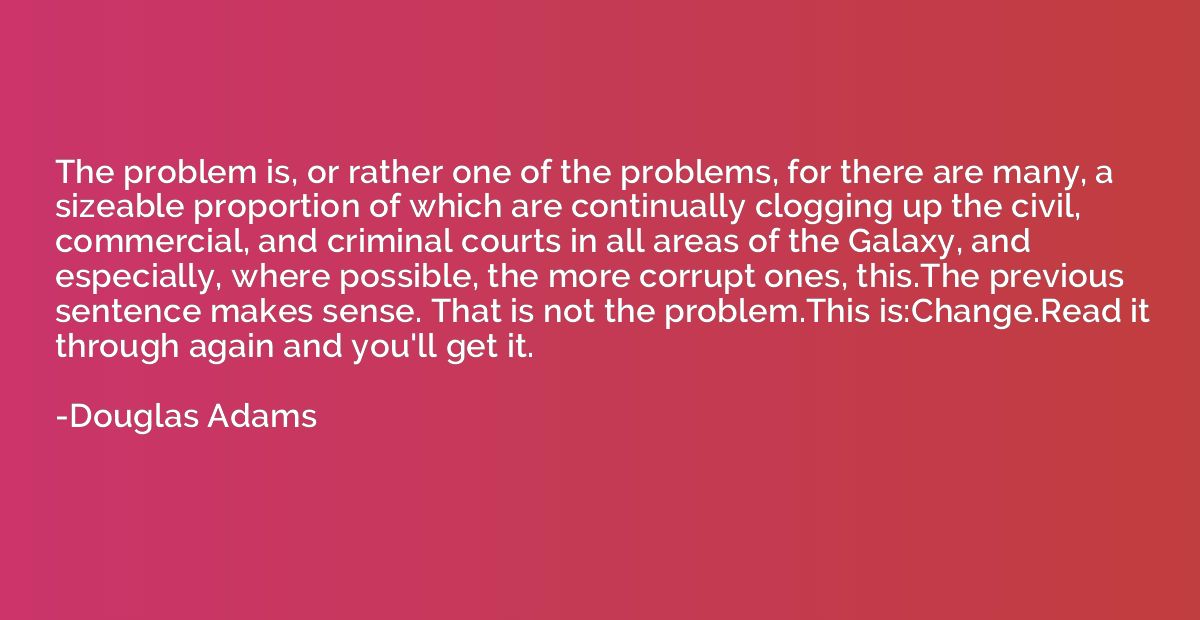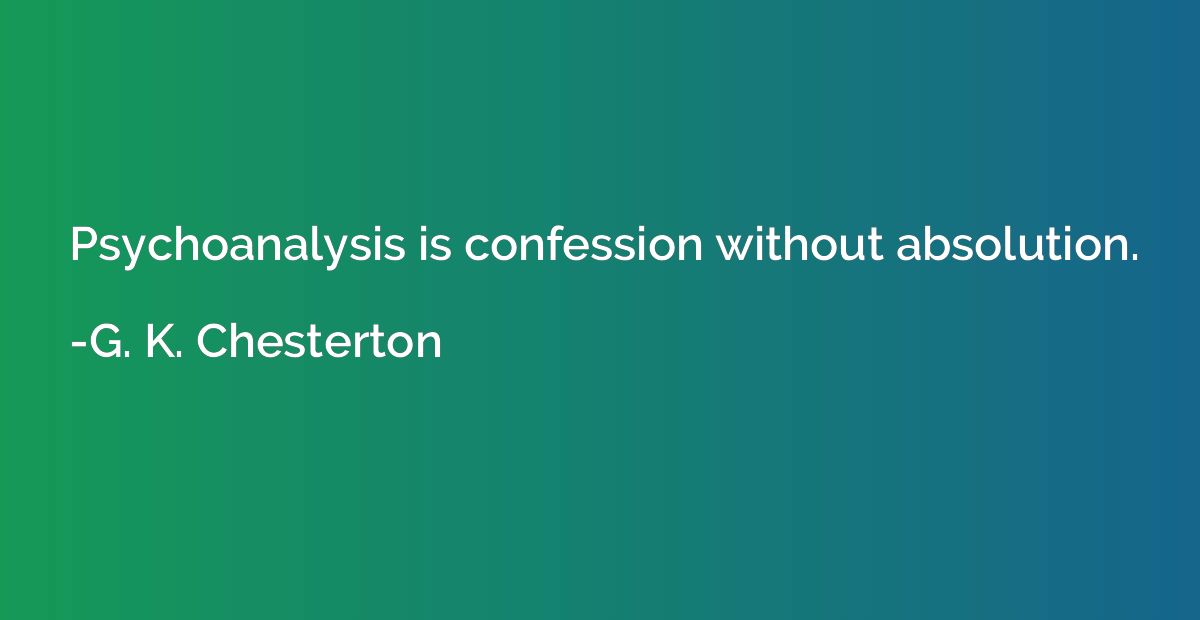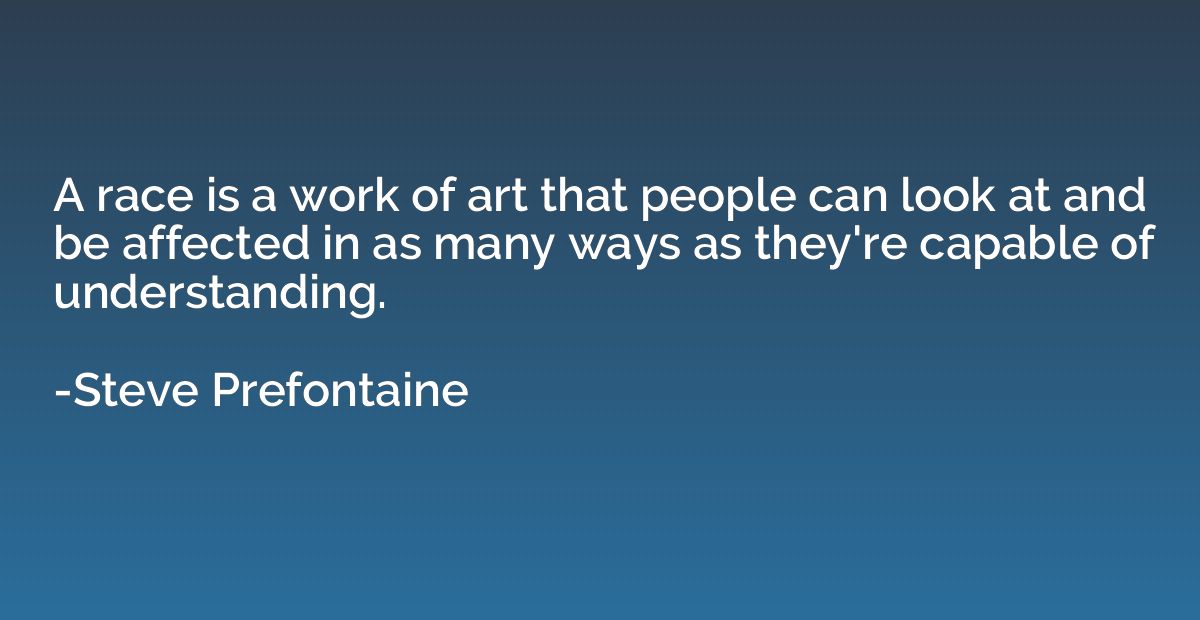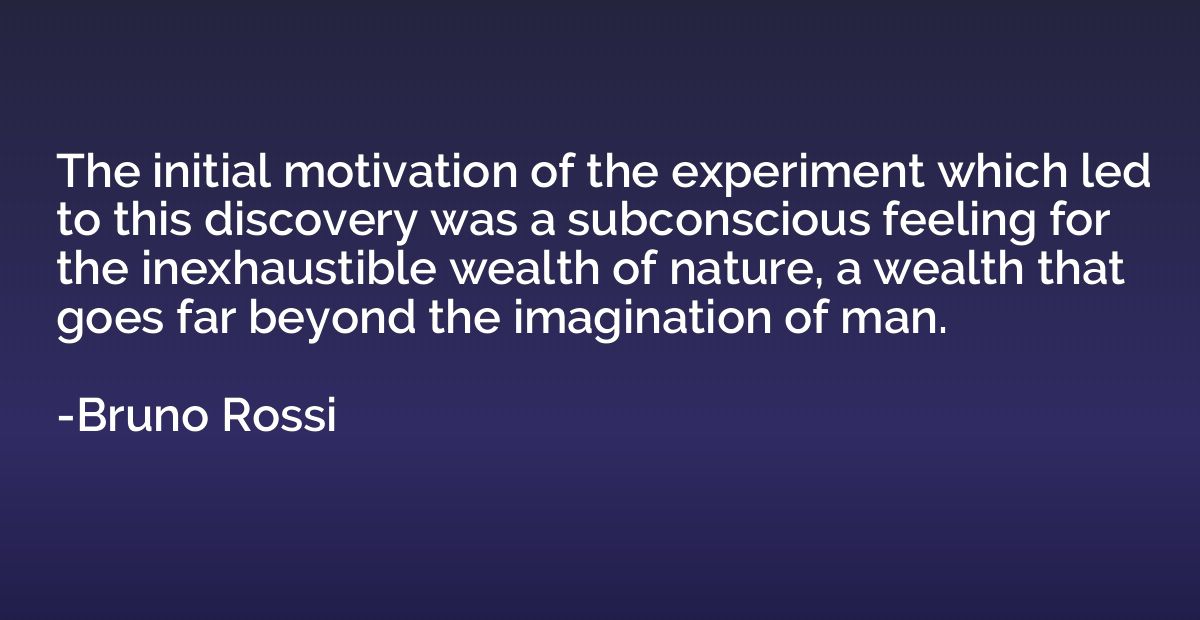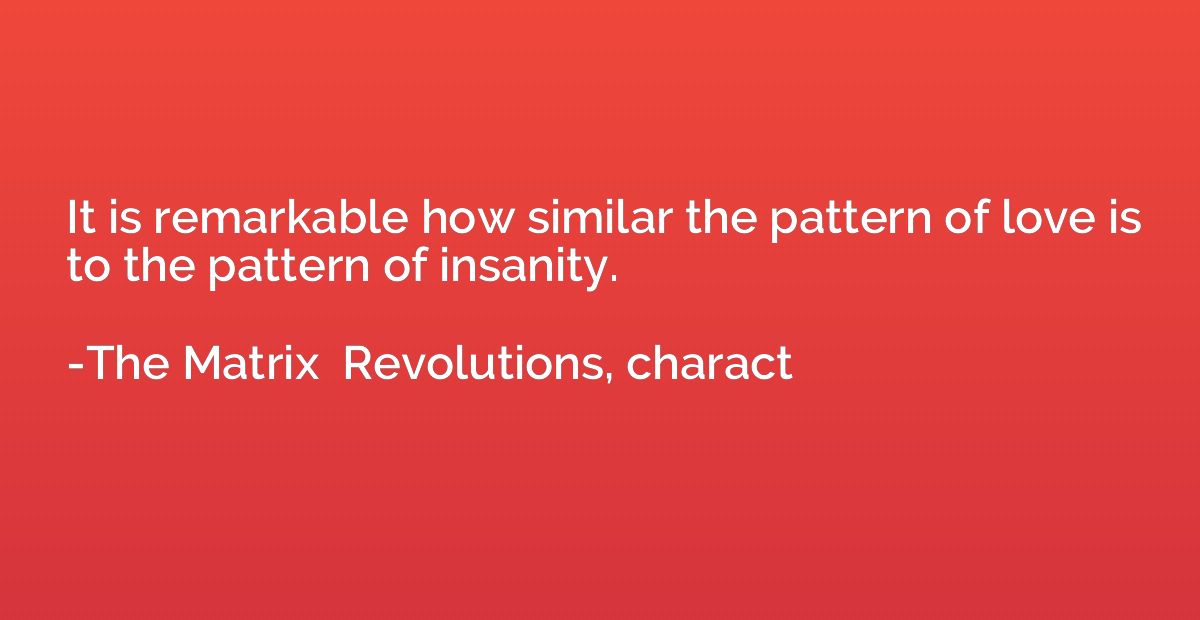Quote by Ernest Hemingway
I know only that what is moral is what you feel good after and what is immoral is what you feel bad after.
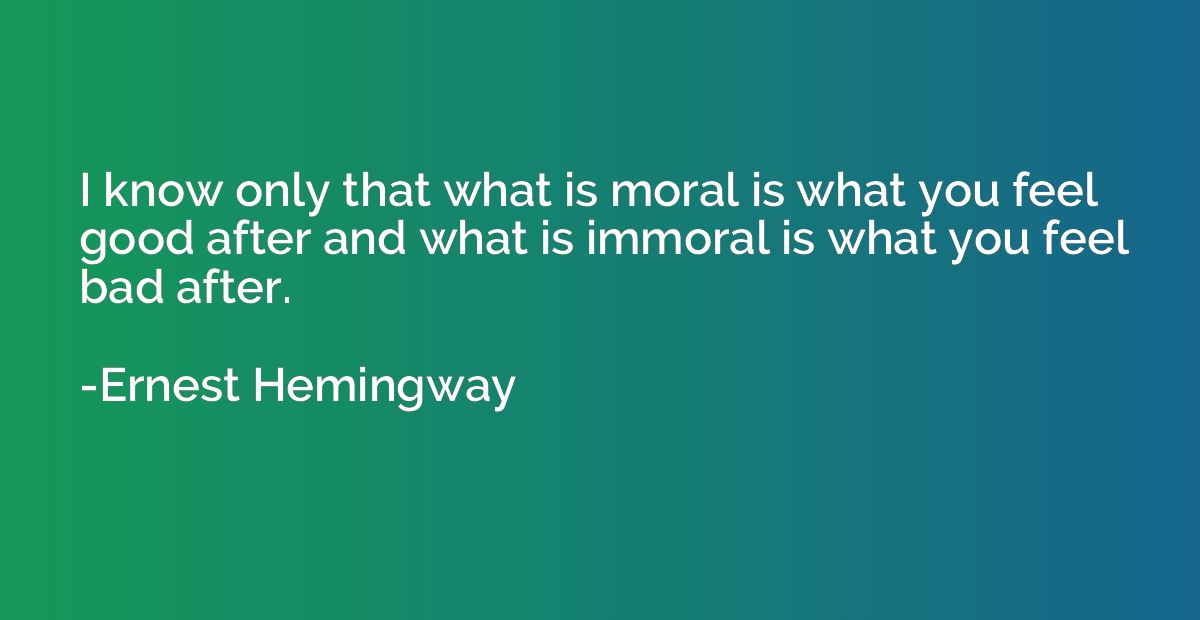
Summary
This quote highlights the concept of personal morality and its connection to our emotions. It suggests that the basis for determining moral or immoral actions lies in our individual sense of emotional satisfaction or dissatisfaction. In other words, if an action brings about positive emotions or a sense of well-being, then it is considered morally acceptable, whereas actions that produce negative emotions or guilt are regarded as immoral. This viewpoint emphasizes the subjective nature of morality, as it varies from person to person based on their own emotional responses.




